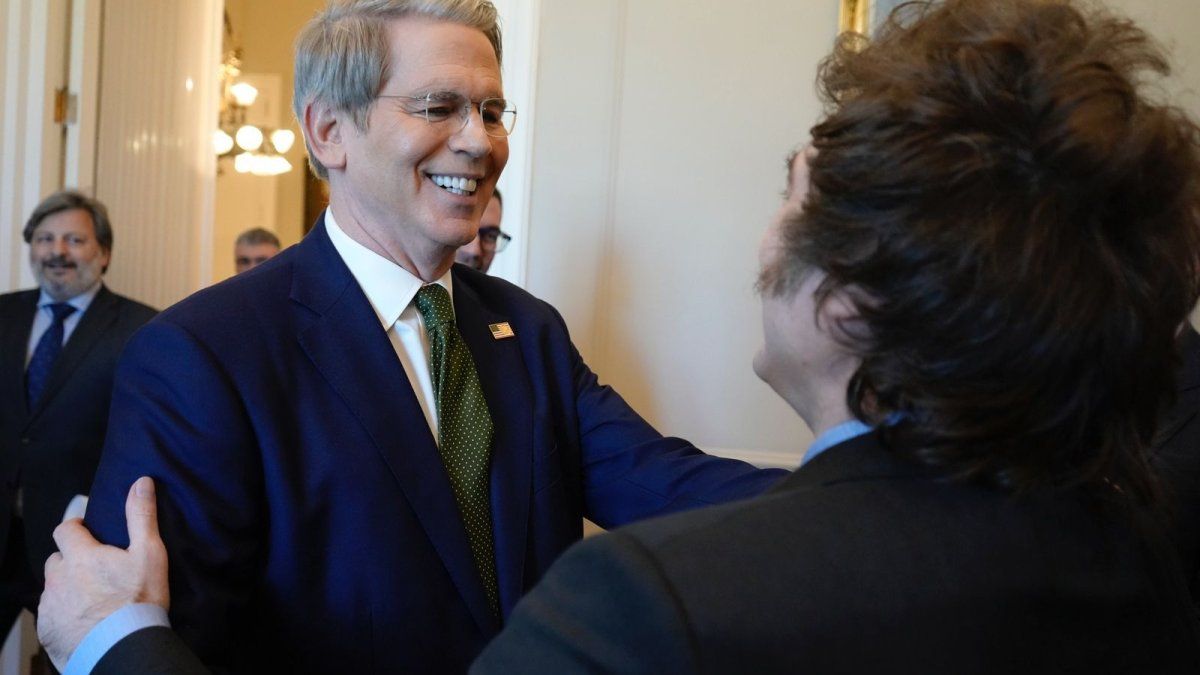The Pakistani government announced today that it will renegotiate its debt with its creditors in order to avoid a default, and in view of the lack of resolution of a bailout program from the International Monetary Fund (IMF).
Pakistan, one of the emerging countries most affected by debt problems, has a complex payment schedule with close to US$22 billion in maturities for the fiscal year of 2024 (which will begin on July 1), which represents five times its reserves, according to data from Columbia Threadneedle Investments cited by the Bloomberg agency.
Faced with this situation and to avoid default, the Pakistani administration plans to renegotiate the bilateral debt, Finance Minister Ishaq Dar anticipated today at a press conference in Islamabad.
The dialogue, he pointed out, will begin once the new budget for the next fiscal year is approved in Parliament, and will aim to “re-profile” the expiration dates, rather than reduce the amount owed.
Said budget, presented yesterday by the administration of Prime Minister Shehbaz Sharif, seeks to balance the impulse to growth with the austerity conditions imposed by the IMF to revive the bailout program that the country has with the organization.
Precisely the negotiations for this program –key for Pakistan to avoid a default- are currently stalled.
Dar anticipated that the renegotiations will not aim to obtain reductions in the amount of the debt but rather a rescheduling of payments, while interest continues to be paid.
Pakistan is currently in an Extended Facility Program with the IMF since 2019, which will end at the end of this month.
Disbursements have been slowed down for six months, due to the gap that Pakistan has in its external financing (it got US$4 million out of US$6 million that it has as a goal) and its exchange rate policy; and despite having complied with several of the Fund’s demands, devaluing the currency, reducing energy subsidies and increasing taxes.
“Pakistan is committed to completing the IMF program,” Sharif said.
The representative of the IMF, Esther Perez Ruiz, pointed out that the agency’s officials continue in dialogue with the authorities aiming for the board to meet before the program expires.
“Default is inevitable if you don’t get assistance from the IMF,” warned economist Patrick Curran.
In this sense, the Moody’s rating agency warned last month that Pakistan could enter into default from July if it does not reach an agreement with the IMF, due to the lack of reserves to pay its debts.
“We believe that the IMF program will be a basis for important reforms in fiscal policy. A deal could give more confidence to other bilateral and multilateral lenders to Pakistan,” said Andrew Wood, sovereign debt analyst at S&P.
The economic problems are combined with a complex political scenario, with general elections next October and acts of violence after the arrest and subsequent release – last month – of former Prime Minister Imran Khan, who still enjoys great popularity.
Source: Ambito




